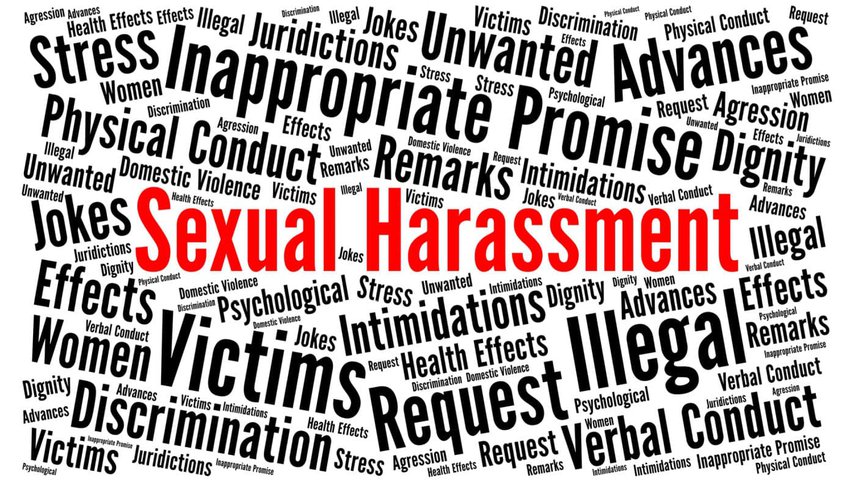Government backs Private Members’ bill
The Government is backing a Private Members’ bill which introduces a statutory duty on employers to prevent sexual harassment. The Bill also reinstates employer liability for harassment by third parties.
Duty on employers to prevent sexual harassment
The duty requires an employer to take all reasonable steps to prevent sexual harassment of their employees in the course of their employment. Breach of the duty will be an unlawful act enforceable by the Equality and Human Rights Commission (EHRC).
The EHRC intends to produce a statutory Code of Practice to support employers with the new duty. This will draw on its existing guidance on sexual harassment and harassment at work. The Code of Practice will set out the steps that employers should take to prevent and respond to sexual harassment to comply with the duty. The EHRC will also establish a way for employees and employee representatives to notify it of breaches.
Although employees will not be able to bring standalone claims for breach of the duty, they will be able to obtain increased compensation in a sexual harassment employment tribunal claim. If an employee is successful in a claim for sexual harassment and the employment tribunal rules that the employer is in breach of the duty, it will have the power to award an uplift in compensation not exceeding 25%.
Third party harassment
Under the Bill’s provisions, an employer will be liable if a third party harasses an employee in the course of their employment and the employer has failed to take all reasonable steps to prevent them from doing so. This provision is not limited to sexual harassment and so covers the other relevant protected characteristics as well.
Previously the Equality Act 2010 made employers liable for instances of third party harassment if there were two or more incidents. These provisions were repealed in 2013. The provisions in the Bill contain no requirement for there to be two or more incidents before an employer can be held liable. There is therefore greater scope for employers to be held liable for harassment of their employees by third parties.
The EHRC first recommended these reforms in March 2018 in its Report Turning the tables: ending sexual harassment at work. Following a consultation process and a 21 month delay in responding, in July 2021 the Government committed to introducing these reforms when Parliamentary time allowed.
The Worker Protection (Amendment of Equality Act 2010) Bill is currently making its way through Parliament. However, the changes will not come into force until one year after it is passed.
This article was first posted on November 29, 2022 by our UK member firm Doyle Clayton. With four offices, and over 60 specialist lawyers, advisers and consultants, Doyle Clayton has the strength-in-depth and critical mass to support you in all workplace-related matters. Visit their website to discover the breadth of their services and contact our representative Dan Begbie-Clench for any questions on this topic.
